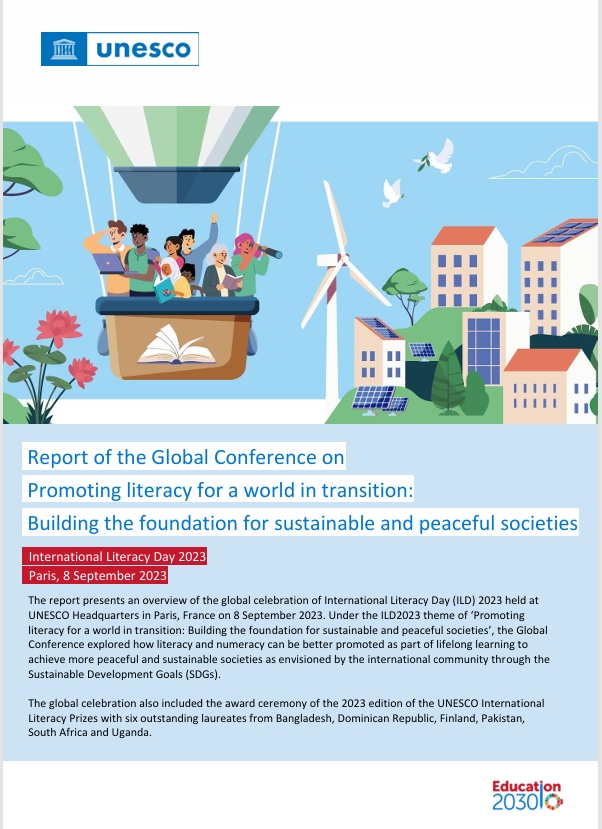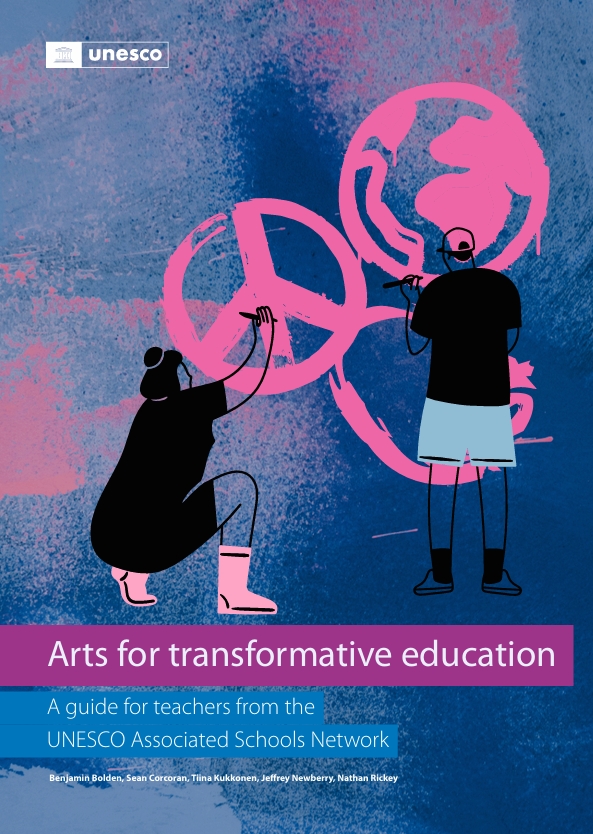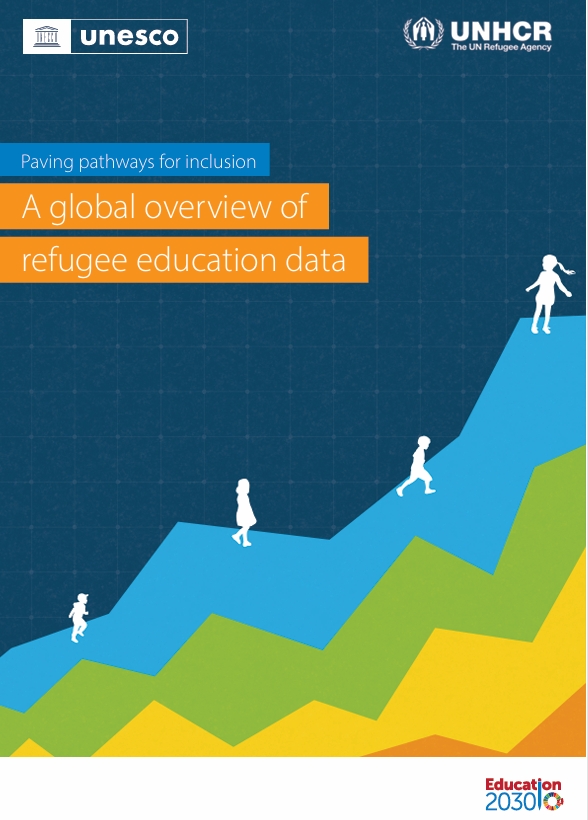Story Source:Education Week ~ Go to Original Article
Jessica Sutter is a former teacher and policy scholar who was elected to the Washington, D.C., Board of Education last year. Jessica started her career as an educator at a Catholic school in Chicago before ultimately founding EdPro Consulting, where she advised clients like the D.C. Public Charter School Board and the School District of Philadelphia. Jessica will be writing about her experience as an elected member of the D.C. Board and what it’s like to be a policy wonk navigating the political arena.
Education is supposed to be the path to the American Dream, the great equalizer, a tool for remedying the various societal inequities we have not managed to set right by way of other social policies. But too often we design policy that, whether intentionally or not, replicates rather than upends inequitable systems………….






